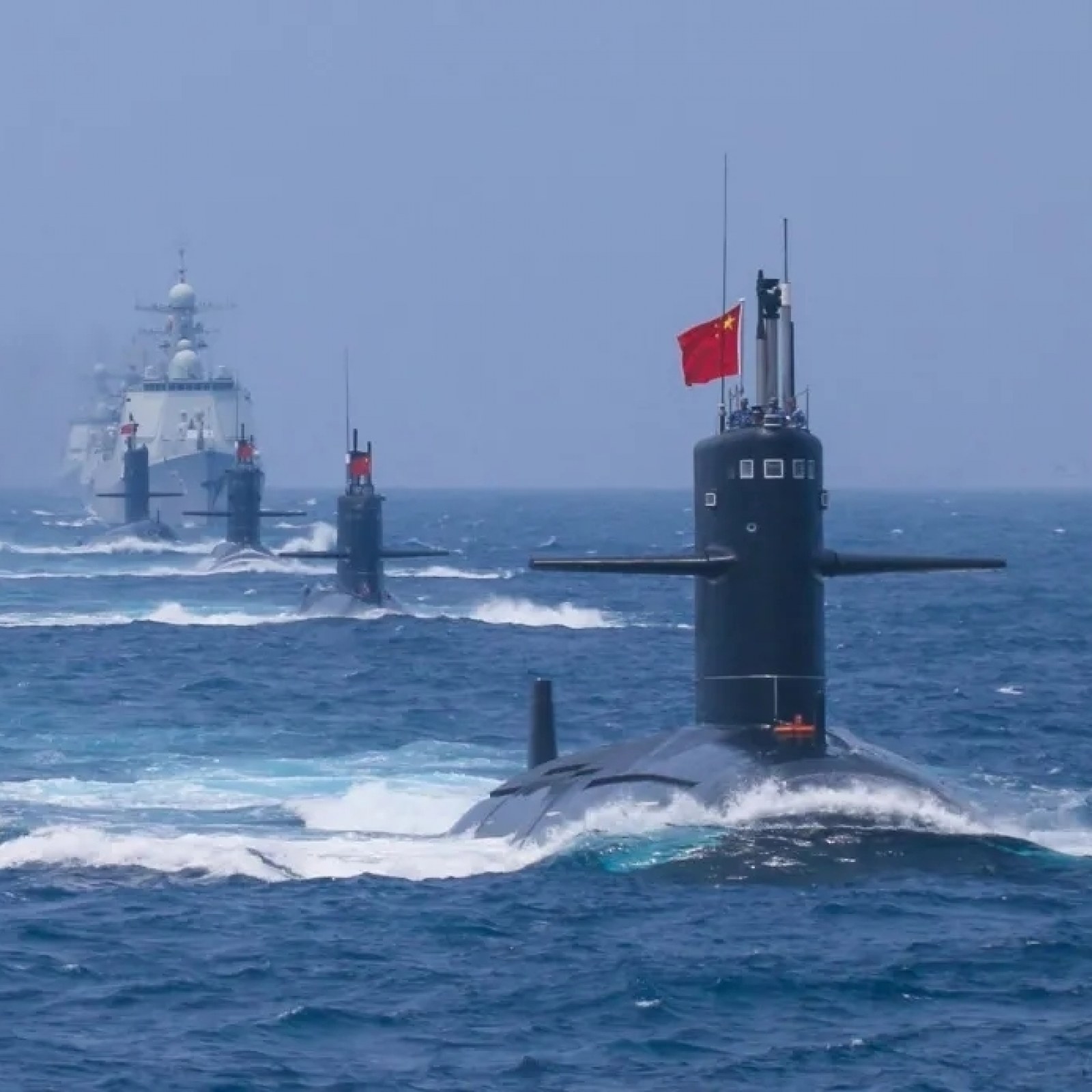- Views: 2K
- Replies: 2

A new study by military analyst Roderick Lee of the US Naval War College raises concerns about the academic selection process for Chinese submarine officers. Lee’s paper, published by the China Maritime Studies Institute, highlights a surprising trend: the People’s Liberation Army Navy (PLAN) Submarine Academy consistently ranks among the lowest in entrance exam scores compared to other PLA institutions.
The report points out that the PLAN Engineering University, which trains submarine technical specialists, sits near the top in terms of average exam scores. This suggests a clear distinction: while engineers receive a rigorous academic selection, submarine commanders, excluding engineers, may be coming from a pool with lower academic performance.
Western navies typically prioritize top academic performers for submarine command positions, recognizing the critical thinking, leadership, and technical skills required for successful underwater operations. Lee’s findings imply a potential gap in the selection process for PLAN submarine commanders.
The report raises questions about the PLAN’s approach to submarine warfare. Are they prioritizing other qualities over academic achievement? Can lower test scores translate to a less capable submarine force? These are critical issues with significant implications for regional security, especially considering China’s growing emphasis on its submarine fleet.
Further research is needed to understand the full picture of officer selection within the PLAN. However, Lee’s analysis suggests a potential area of concern that deserves close attention.
Beyond the Numbers: A Deeper Look at PLAN Submarine Selection
Lee’s study sheds light on a previously unexamined aspect of the PLAN’s submarine force. But to fully understand the implications, it’s essential to consider the following factors:- Alternative Selection Criteria: While academic performance is a crucial factor in Western militaries, the PLAN might prioritize other qualities like leadership, political reliability, and experience at sea.
- Training and Professional Development: A rigorous training program can compensate for lower entrance exam scores. Does the PLAN provide submarine officers with the necessary training to excel in their roles?
- The Role of the Party Committee System: The presence of a Party Committee on board PLAN submarines can introduce a layer of bureaucracy into decision-making. Lee’s study suggests this might hinder operational effectiveness.
Mitigating the Potential Risks
Even if PLAN submarine commanders score lower on entrance exams, it doesn’t necessarily mean they are incapable. Here’s how the PLAN can mitigate potential risks:- Focus on Well-Rounded Training: A curriculum that emphasizes critical thinking, problem-solving, and technological proficiency can equip officers with the skills they need to succeed, regardless of their entrance exam scores.
- Leadership Development Programs: Investing in programs that hone leadership skills and strategic thinking can bridge any gaps created by the selection process.
- Experience at Sea: Practical experience gained through extensive sea time can be invaluable for submarine commanders.
Conclusion
Roderick Lee’s study raises intriguing questions about the academic selection process for Chinese submarine officers. While lower entrance exam scores might seem concerning on the surface, it’s important to consider the broader context of training, experience, and alternative selection criteria.Further research is needed to get a clearer picture of the PLAN’s submarine officer selection and training pipeline. However, Lee’s analysis offers valuable insights that warrant careful consideration, especially given China’s growing emphasis on its undersea capabilities.
